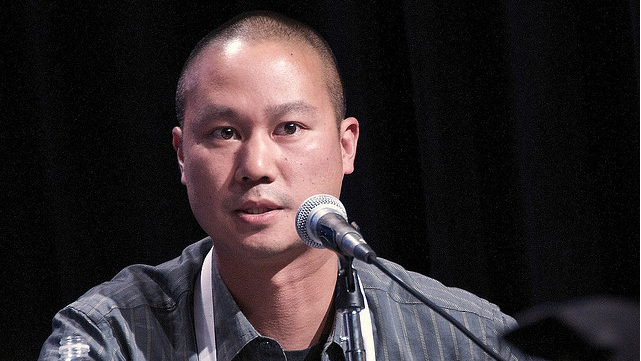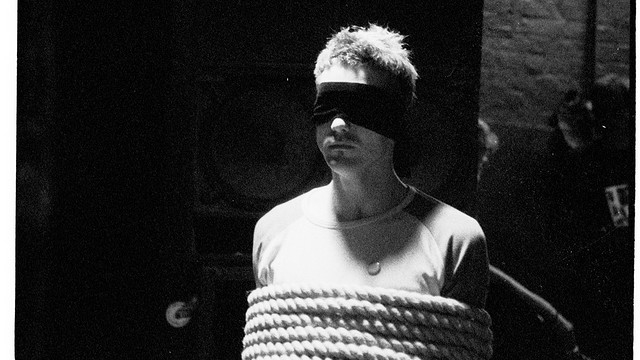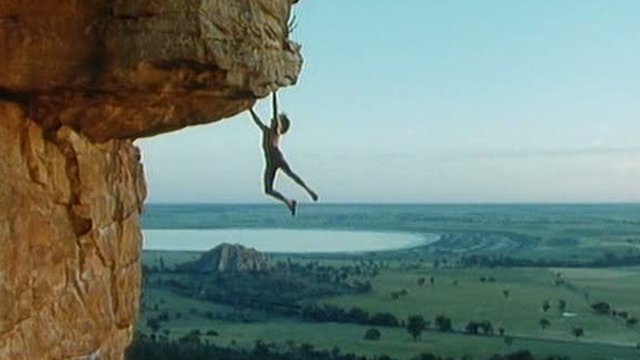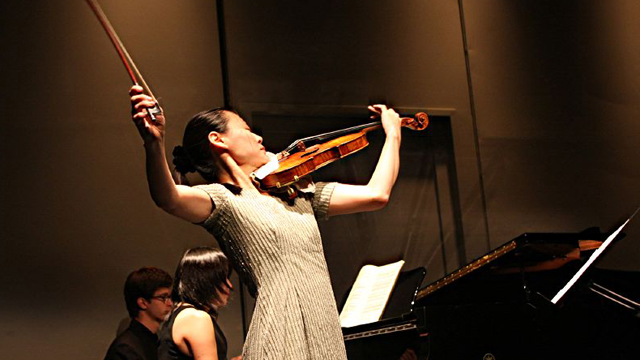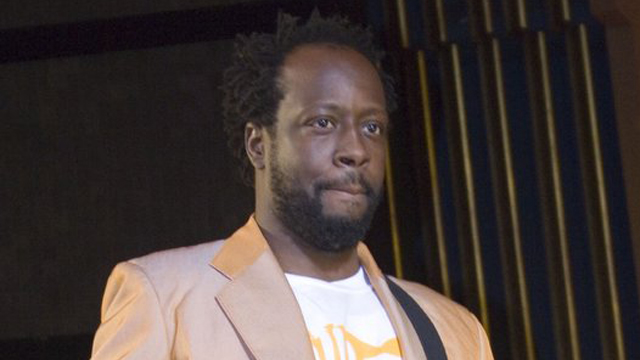Personal Growth
All Stories
“For millions of addicts around the world, Alcoholics Anonymous’s basic text—informally known as the Big Book—is the Bible. And as they’re about to find out, the Bible was edited.”
August may be behind us, but that doesn’t mean we’ve stopped thinking dangerously here at Big Think. At the end of last month, we asked readers to submit their own dangerous […]
“The ex-president gives a sense of day-to-day life in the Oval Office—and plays the blame game.” The L.A. Times reviews the diaries Carter wrote during his presidency.
Today’s customers expect more from leading companies and brands than they ever have before. As enlightened consumers empowered by the Internet, they have the power to propel brands to tremendous […]
“The Estate of Sir Winston Churchill has launched its own iPhone app and will use social media to bring the former Prime Minister’s ‘wit and wisdom’ to a wider audience.”
“For these middle-class wives, theirs is an existential crisis borne out of over-high expectations and, frankly, emotional greed, consumerism of the heart.” Yasmin Alibhai-Brown is the anti-guru’s guru.
“Collaboration yields so much of what is novel, useful, and beautiful that it’s natural to try to understand it. Yet looking at achievement through relationships is a new, and even radical, idea.”
“It is a very American thing, that we don’t believe too much in obeying the rules. We are not a nation of Hall Monitors; we are a nation that tortures Hall Monitors. We are people who push the rules.”
“Athletic teams, administrators and tenured professors soak up huge chunks of colleges’ budgets, and tuition and fees rise to keep up.” The L.A. Times follows the money trail.
“Basically, we’ve bought into several misconceptions about excellence, which are not only wrong but affirmatively counterproductive.” Peter Orszag on how to be successful.
“A unique particle physics detector will be attached to the space station to study the universe and its origins.” The machine will be carried on the last scheduled shuttle launch next February.
Guardian Angels founder Curtis Sliwa wasn’t fazed after a gang of baseball-bat-wielding Gambino crime family members nearly beat him to death for making disparaging comments about John Gotti Sr. on […]
“Are leaders born or made? Evolution may be throwing us a curve ball when it comes to picking them in the modern world” The New Scientist says leaders must first convince the rest of us.
Few people have felt the muzzle of an automatic machine gun in their gut, let alone survived a kidnapping on their birthday. In January 1998, then-federal prosecutor Stanley Alpert was […]
“Disenchantment is a result of our having over-intellectualized our relations to the world (including nature).” Philosophy professor Akeel Bilgrami advocates a wider view of nature.
“The Zen teacher Thich Nhat Hanh explains in his new book how a Buddhist approach could benefit ecology.” The Guardian’s environmental blog explains the Buddhist’s take on nature.
“The former English prime minister Tony Blair argues the West has become too imbued with doubt and lacking in mission.” Blair’s new memoir speaks on restoring purpose to government.
To what lengths would you go to survive in the face of death? Could you amputate your own arm to free it from beneath a boulder? Could you survive 10 weeks on frogs and leeches? Over the next four days, Big Think interviews men who survived the harshest conditions.
“How useful are global gatherings that invite great minds to share ideas and innovations in person?” From TED to Google to Aspen, organizers gather great minds to share their thoughts.
Is it true that more sensible decisions are reached by putting our heads together? Scientific American on studies that examine the effect of communication on problem solving.
What makes some brains smarter than others? Are intelligent people better at storing and retrieving memories? Or perhaps their neurons have more connections allowing them to creatively combine dissimilar ideas?
In an interview with New Scientist, philosopher Slavoj Žižek says that ecology is the new opiate of the masses, the universe’s design is incomplete and Mother Nature is a ‘crazy b*tch’.
“We all know that it’s good to be honest, generous, self-controlled, tenacious, and thrifty, but it’s the doing that dogs us.” A sociologist on how to inculcate the youth with lessons on virtue.
Ever since she wrote a New York Sun article about why she let her 9-year old son ride the subway alone, journalist Lenore Skenazy has been lambasted by the media […]
Of the problems that afflict the U.S., “the underlying one is mental feebleness.” N.Y.T. Op-Ed Columnist David Brooks sets out the case for more mental courage.
Notions of the tormented artist and of us being ruled by our moods are unhelpful and outdated today, especially in the field of mental health. Tom Wootton explains why.
“My violin is one of my voices,” says concert violinist and humanitarian Midori Goto. In her Big Think interview, Midori talks about her very personal connection with her 1734 Guarnerius del […]
Hip hop legend and Big Think expert, Wyclef Jean may soon add the title of president to his list of accomplishments. The former Fugee is expected to announce his bid for […]
Einstein once declared that he had no special talents, only he was passionately curious. What makes us want to know about things we don’t understand? The urge may be primal, scientists say.
“Boredom may be an intrinsic part of life for practically everyone, but it needn’t be destructive. In fact, boredom can be a force for good.” Give kids freedom, says one commenter at The Guardian.

